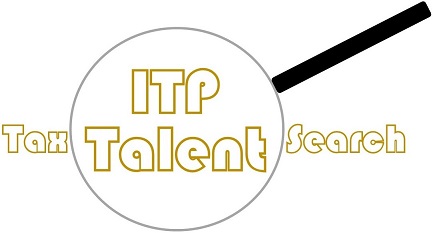On July 17, 2023 the OECD released a GloBE Information Return and explanatory guidance as well as a second set of Agreed Administrative Guidance items.
The GloBE Information Return
The GloBE Information Return sets out a standardised information return to facilitate compliance with and administration of the GloBE Rules. It contains the information a tax administration needs to perform an appropriate risk assessment and to evaluate the correctness of a Constituent Entity’s Top-up Tax liability. This document has been developed following a public consultation that took place in March 2023. In response to feedback, the GIR incorporates transitional simplified reporting requirements that allow MNEs to report their GloBE calculations at a jurisdictional level. The GIR will be subject to coordinated filing and exchange mechanisms that allow MNEs to report their GloBE calculations on a single return, where the more detailed information is made available to implementing jurisdictions where a Top-up Tax liability may arise.

The GloBE Information Return consist out of the following 3 parts:
- MNE Group Information;
- Jurisdictional Safe Harbours and Exclusions; and
- GloBE Computations.
The GloBE Information Return is currently only available in the English language, but a French version will be made available on a later date.
Second set of Agreed Administrative Guidance items
In a separate document the OECD also released a second Agreed Administrative Guidance. This document sets out the second set of Administrative Guidance items released by the Inclusive Framework, following the first set of Administrative Guidance items that were published in February 2023. This second set includes: (i) guidance on currency conversion rules when performing GloBE calculations, (ii) on tax credits, and (iii) on the application of the Substance-based Income Exclusion (SBIE). It also includes further guidance on the design of Qualified Domestic Minimum Top-up Taxes (QDMTT) as well as two new safe harbours:
- A permanent safe harbour for jurisdictions that introduce a Qualified Domestic Minimum Top-up Tax (QDMTT), which will make compliance and administration easier for MNEs and tax administrations.
- A transitional safe harbour, which provides the UPE Jurisdiction with relief from the application of the UTPR for fiscal years commencing on or before the end of 2025.
The document Agreed Administrative Guidance as released on July 17, 2023 can be found here in the English version. A French version still has to be released.
Copyright – internationaltaxplaza.info
Follow International Tax Plaza on Twitter (@IntTaxPlaza)





